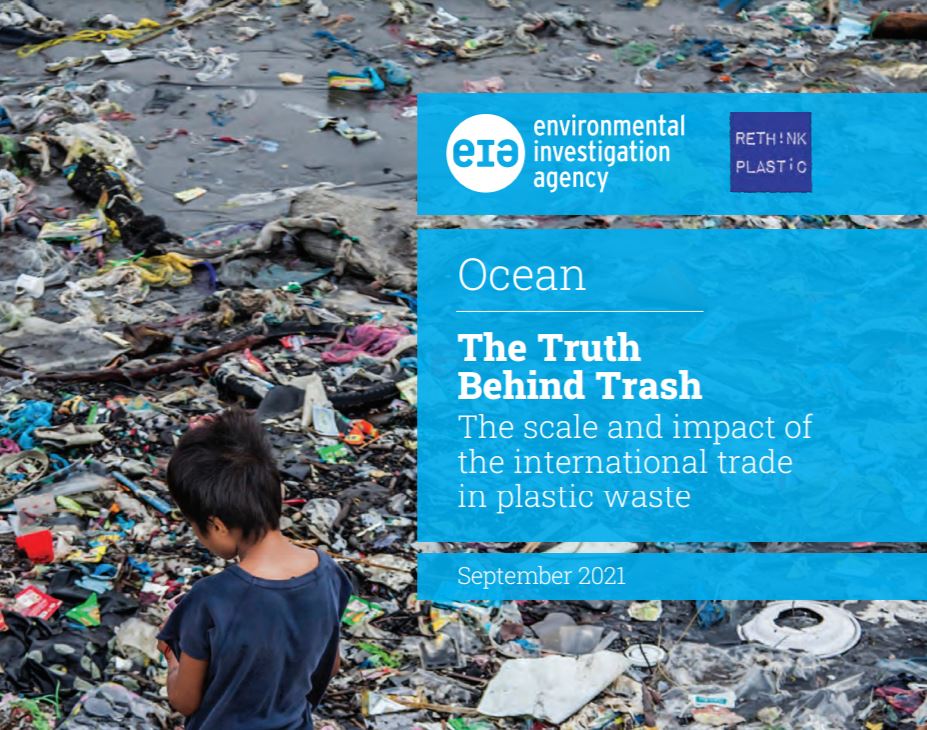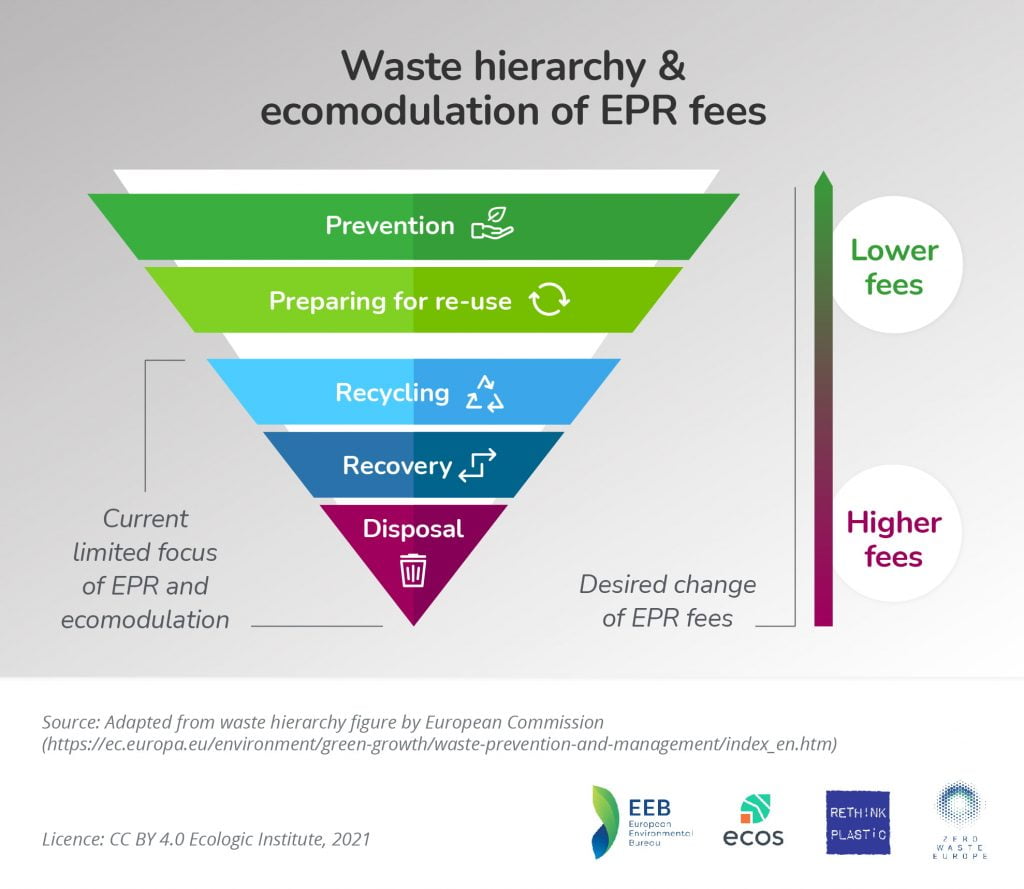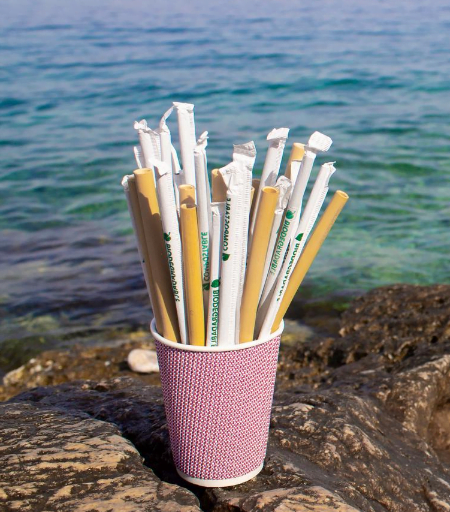Filters

Two-Pager Summary of Rethink Plastic alliance position paper for effective measurements to restrict intentionally added microplastics – in Portuguese.

Two-Pager Summary of Rethink Plastic alliance position paper for effective measurements to restrict intentionally added microplastics – in Italian.

Two-Pager Summary of Rethink Plastic alliance position paper for effective measurements to restrict intentionally added microplastics – in Bulgarian

Two-Pager Summary of Rethink Plastic alliance position paper for effective measurements to restrict intentionally added microplastics – in German

Two-Pager Summary of Rethink Plastic alliance position paper for effective measurements to restrict intentionally added microplastics – in French

he global trade in plastic waste has mirrored the growth in global plastic production, allowing high income, high-consuming countries to avoid the direct social and environmental impacts of their plastic problem and driving the ever-expanding production and consumption of virgin (new) plastic.

A new report from the Ecologic Institute, commissioned by the Rethink Plastic alliance outlines why extended producer responsibility and “ecomodulation”- charging differentiated fees based on the sustainability of a product […]

This paper expresses ECOS’ and the Rethink PlasticAlliance’s views on the environmentalsustainability of bio-based plastics and in particularin response to the ongoing impact assessmentconducted by the consortium led by Wood plc.

Analysts from ECOS and the Rethink Plastic alliance have examined the claims made on 82 plastic items. Products studied include some of the most commonly found on beaches across Europe such as plastic bottles, bags and cutlery.